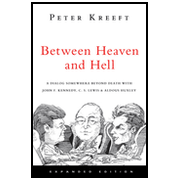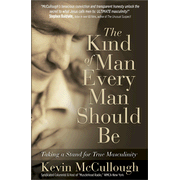After writing essays and giving speeches on the reasons he disagrees with the “consensus” that human-induced global warming is a direct threat to our planet, Michael Crichton, evidently, decided to write the techno-thriller State of Fear (2004).
In State of Fear he essentially presents the same arguments he’s made in his speeches, albeit in the context of a fictional story. The book follows the exploits of a lawyer, government security agent, and company, as they criss-cross the globe on the trail of eco-terrorists intent on causing massive catastrophes, all to further their cause (that being the universal acknowledgment of human-induced global warming of the doomsday variety). Unlike some of his other thrillers, Crichton notes that all references to real people, institutions, charts, and data, are documented (through his use of footnotes). Besides including a bibliography (for a work of fiction), he also includes a section titled Author’s Message, as well as two appendices.
In the Author’s Message, he clarifies his position on the topic of global warming, basically stating that we know very little about the complex process of climate change, that there is a variety of data on the subject, and that we do not have the knowledge or the ability to effectively manage the environment. Some have criticized Crichton for writing, in State of Fear, nothing more than a long op-ed piece. Yet, it’s his book, so why shouldn’t he write about what he wants?
In the first appendix, Crichton provides prose on why he considers politicized science to be dangerous. He gives an interesting history lesson on how a previous scientific theory predicting impending crisis, and was accepted as valid by the authorities of the time. The theory? Eugenics.
I found State of Fear to be an exciting page-turner of an adventure. There were a few slow points, mid-way through the book, as well as a few personality caricatures I thought to be too extreme. Note: There was also a fair bit of unnecessary sex, and quite a bit of R-rated language.
Recommendation: I’d recommend reading the book if, for no other reason, than to get a glimpse of the data that is typically not found in the general media. Save your money though, and look for it at a used bookstore or at your local library bookstore (I picked up the hardback for $1.00 at our library bookstore).
[tags]michael crichton, global warming, CO2, earth first, ELF, greenhouse gases[/tags]


